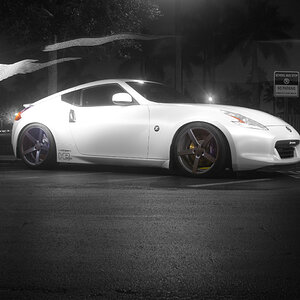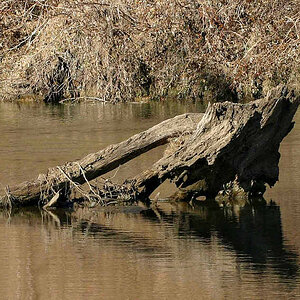madhan_2005
TPF Noob!
- Joined
- Nov 17, 2011
- Messages
- 4
- Reaction score
- 0
- Can others edit my Photos
- Photos OK to edit
HEllo guys, great to see you all here. my name is madhan and i am relatively new to photography. Just starting into it. I am planning to buy my first camera. But I have a little confusion. I amthinking of buying a sony dsc 100v which is a super zoom camera 16.2MP but its sensor size is smaller than rebel t2i that has a larger sensor so it can capture more details. but the hx 100v comes with 27 -810mm lens in it. and rebel t2i has only 70 - 300mm for telephoto. I mostly intend to use the camera for general point and shoot and som good bunch of macro's. shall i go with dsc hx 100v with raynox 250 or rebel t2i(with 18-55mm and 70 - 300mm) with raynox. i want to be able to get great macro shots and great quality in general photos. will DSC 100v's 810 mm with raynox give better magnified macros than t2i's 300mm with raynox
please help me...
please help me...


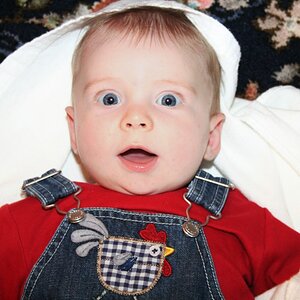
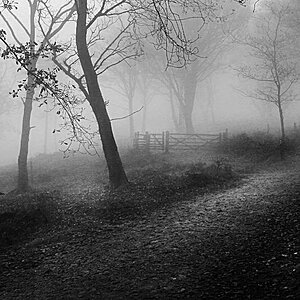
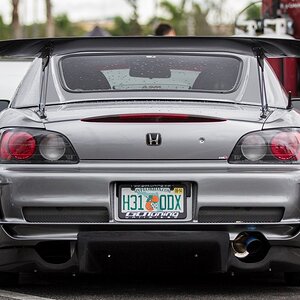
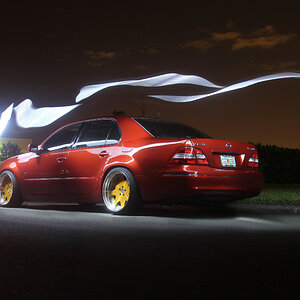
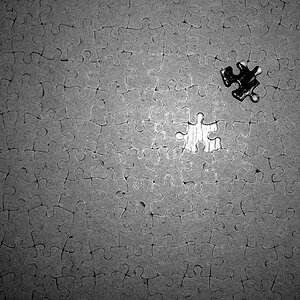

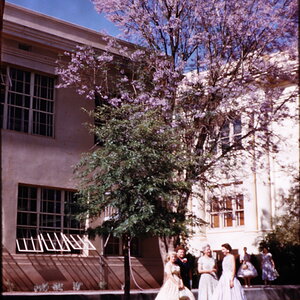
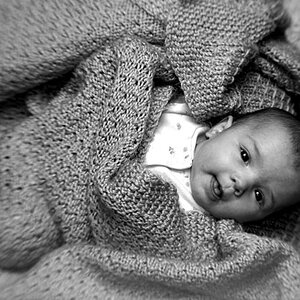
![[No title]](/data/xfmg/thumbnail/32/32633-d833b07b761b12c973eb0d27505935d4.jpg?1619735553)
